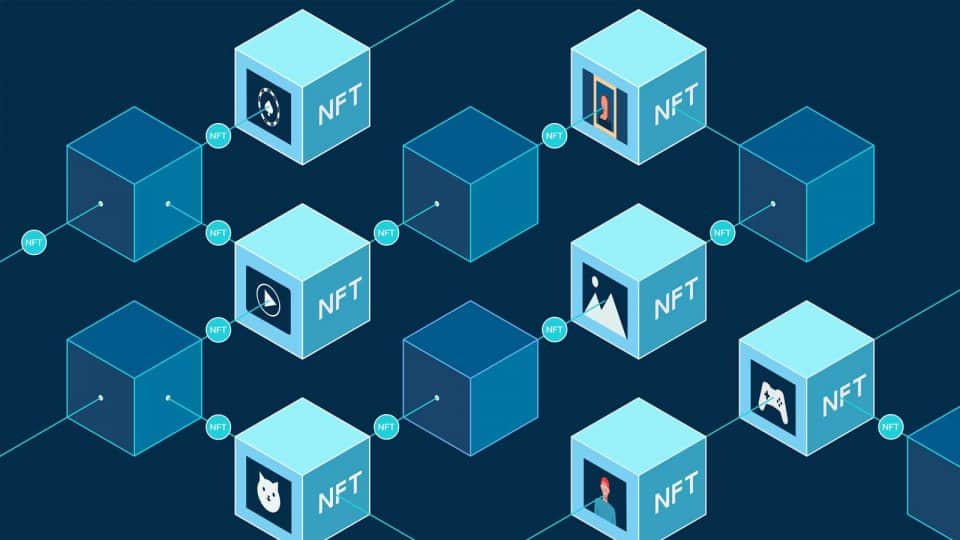Oil and gas companies face various challenges, from international competition, volatile oil prices, environmental concerns, and logistical hurdles to sourcing and transporting the billions of barrels they produce. If you are planning to trade Oil, you may use a reliable trading Platform.
The most promising solution is the blockchain. Blockchain technologies have emerged as an alternative to long value chains by allowing companies to validate transactions at each stage in their journey with integrated processes that can be viewed by people anywhere in the world.
The decentralized nature of blockchain makes it more secure than other solutions while also making it easier for individuals with access to the Internet without geographic limitations. These natural attributes make blockchain an ideal tool for the oil and gas industry.
Achieving growth with blockchain
As the global economy has floundered, the energy demand has grown exponentially. The International Energy Agency (IEA) predicts that worldwide energy demand will increase by 50 per cent over the next 20 years. In that context, the oil and gas industry is in a precarious position, trying to meet the needs of a growing population while also protecting the environment.
Using blockchain technology, oil and gas companies can reduce risks associated with value chain management while opening up new revenue streams through collaborative ecosystem partnerships. To record information on the blockchain, all nodes in the network must agree on changes to any data.
By using blockchain technology, companies can reduce risks associated with value chain management while opening up new revenue streams through collaborative ecosystem partnerships. For example, a company could use smart contracts – chunks of code stored on the blockchain – to replace paper-based legal documents with legally binding agreements that either party cannot alter after they are signed.
Blockchain reduces transactional friction in the oil industry:
In addition, the transparency afforded by blockchain technology is invaluable to service providers and potential investors in fields outside of oil and gas. As such, companies that can harness this technology stand to gain an advantage over competitors that do not adopt similar technology protocols.
The most promising solution for oil companies might be intelligent contracts, which enable them to automate specific processes in their business through agreements stored on the blockchain.
Reducing risks and mitigating fraud with blockchain technologies:
Risks are inherent in any business venture. In the oil industry, companies face various operational, financial and legal risks that have been magnified by the changes in the marketplace during the past decade.
Many activities once performed manually are now carried out through digital processes vulnerable to cyber-attacks and other security issues. As a result, whatever steps oil companies take to protect their systems against external attacks, they must be prepared for whistleblowers who might attempt to commit corporate fraud by stealing proprietary information or customer data.
These concerns are made worse because go-betweens are paid to execute transactions on behalf of the oil companies. They typically have a vested interest in keeping their clients in the dark about what is happening within their business. With blockchain technology, companies can trace all transactions and increase transparency at every level by providing real-time access to all data.
Blockchain technology also offers a secure solution for companies to validate the authenticity of physical goods while eliminating many scenarios where people could commit fraud through intermediaries or counterfeit goods.
Companies using blockchain technology can also better manage customer risk by offering information on their customers’ locations and preferences. This information can be used by businesses to prevent customers from making fraudulent purchases with fake credit cards or identities.
Blockchain can help oil companies to tokenize oil products:
Oil companies can also use blockchain technology to sell and trade oil products that are delivered to various locations using tokens. Oil companies can create tokens representing 1,000 barrels of oil, pay royalties or taxes in tokens or even offer loyalty program rewards that are token rewards for clients. This process works best when the token has a value based on an intrinsic product like oil or a service like fuel and not just on an investment.
A programmable product, such as a car with a specific smart contract built into it, could be allocated on the blockchain as having value based on the amount and fuel used. An oil trader could use this smart contract to provide more accurate estimates of the value of oil based on the type of fuel used and even pay taxes in a token with some kind of value.
Another example is when you have an oil product with no intrinsic value, like a barrel of gasoline or diesel fuel. A company can create a token representing the amount of product in a barrel, like 10,000 barrels or 20,000 barrels, and sell these tokens. These tokens would have value because they represent the oil products as they move through the various stages of their journey, from producing fields or refineries to delivery to retail locations.
You may also like
-
How to Find the Best Deals in Alberta
-
Finding the Right Debt Relief Solution to Save Money and Avoid Bankruptcy
-
Navigating the Crypto World: Tips for Successful Investment Ventures
-
The Bitcoin Breakthrough: Unveiling the Future of Financial Investment
-
Dogecoin Discovery: Exploring the Untapped Potential of Crypto
